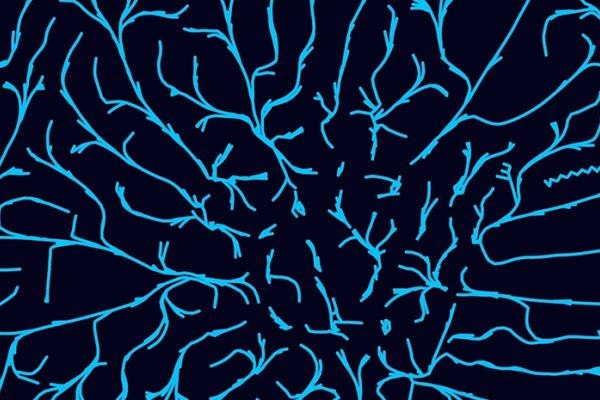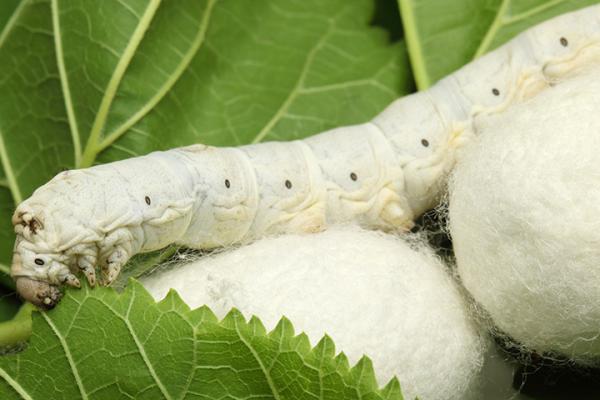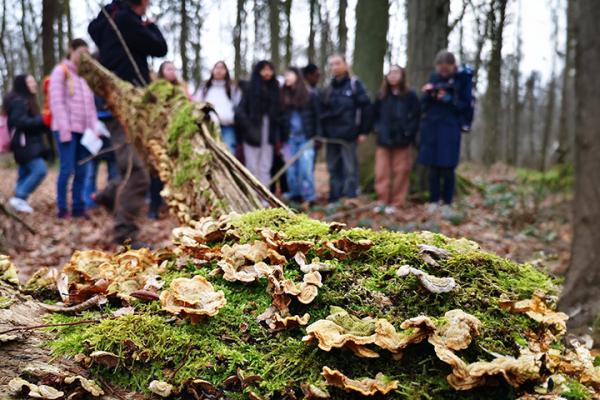Visualise your goals and never give up – EU young scientist winner Modestas Gudauskas
You met Carlos Moedas, the European Commissioner for Research, Innovation and Science, as part of your prize. He has asked you to be an ambassador for science among young people. What is your advice for aspiring researchers?
‘Never stop doing something. It could be not just science, it could be sports, anything. Keep going, keep moving. During my school years I was a long-distance runner and every time before a competition I thought about the awards ceremony, how to reach it. Here is the same thing. You need to imagine about your field, about what is going to be when you reach your idea. It is very motivating. It’s not like doing just science. You get from this communication skills, laboratory skills, knowledge, then you start thinking differently, you think a few steps more.
‘I was very surprised that the Commissioner is interested in young people and from time to time meets young people like me. He had the idea that we could make a short video of me, of my story. (The idea is to inspire other people) to start to do science from an early age, not just (to attend) university and to start doing science but (to do) science at school and during university.’
When did your own interest in science begin?
‘I started to do science when I was seven years old. We are three brothers in our family and my mum was a chemistry teacher in the school. Every year she helped us to get ready for scientific contests. So all three brothers, we participated in scientific conferences in Lithuania. Every year until 2014 I was participating in contests for teenagers and then I made a short break to think what to do next (and then I) started the new project. And that project was about bacteria producing two biopolymers.’
“'We decided to create a bacteria which could synthesise two biopolymers (to help) replace plastics.’
You’ve come up with a novel way of producing biological substances that could be used in the plastics industry. Can you tell us more about your project?
‘I was thinking about plastics and about the chemical industry and I thought that it would be nice if we could replace plastic with some kind of (bio-based) materials. I heard about the properties of cellulose and how it can replace some kinds of materials. Then I started to search for a laboratory where I can generate ideas for this project … and Vilnius University said that they can help me. (I met) my scientific project supervisor and we started to think how to develop that idea. During the conversation we decided to create a bacteria which could synthesise two biopolymers. The idea is that material made from these polymers could replace plastics.’
Why is it useful for a bacteria to produce two different biopolymers – in this case cellulose and polyhydroxybutyrate (PHB) – at once?
‘The cellulose-producing bacteria grows on one medium and PHB-producing bacteria grows on a different medium. So if we want to extract both polymers we need to use a different medium. Here we created a bacteria which grows on one medium but produces both polymers. So like that we reduce energy, water and non-renewable natural resources.
‘We thought about the mix of polymers because one polymer has its own properties and the other polymer has different properties. I think it’s better because PHB is very important in plastics, cellulose too, so a mixture of them can change the plastics.’
You’ve mentioned that the idea is to replace plastics with sustainable alternatives. Have you thought about any specific applications of your research?
‘We thought about the biomedical industry, where it could be used, but it’s just one of the fields.’
What’s the next step?
‘When I started to do this project the goal was to create a bacteria. Now we have a bacteria that produces both biopolymers. My next goal already (is that) I want to see if that polymer is used in a material, not in the medium.’
Another part of your prize was to come to see bio-based industries in action in different EU countries. What did you learn?
‘That people who work in bioindustry, they think about not two or three steps in the future but they think many, many steps more. That was very interesting for me because typically laboratory scientists and scientists in industry think differently. In (the) laboratory they think just how to do (but in industry) they think how to do the best, they think about the price, about the quality and everything like that. For me it was very different because they are not just scientists they are business guys too.
‘For my own project, now I know that before your project you need not just to think about how to reach your goal, but you need to think where your idea could be in reality. Now we think that it could replace plastics, but we don’t know about the business interests in that idea. Are there any economic benefits?’
If you liked this article, please consider sharing it on social media.
The Issue
Organic waste such as unused bits of wood and cuttings from weeds are being turned into new plastics and fuels, thanks to so-called bio-based industries.
The idea behind bio-based industries is to use bacteria and algae to turn unused plant material, known as biomass, into products that can ease our reliance on oil, without encroaching on land used for food production.
In order to help fund research into these technologies, the EU plans to put in almost EUR 1 billion to the Bio-Based Industries public-private partnership, while industry will contribute EUR 2.7 billion. The idea is to help create sustainable and competitive bio-based industries in Europe, based on advanced biorefineries that source their biomass sustainably.





